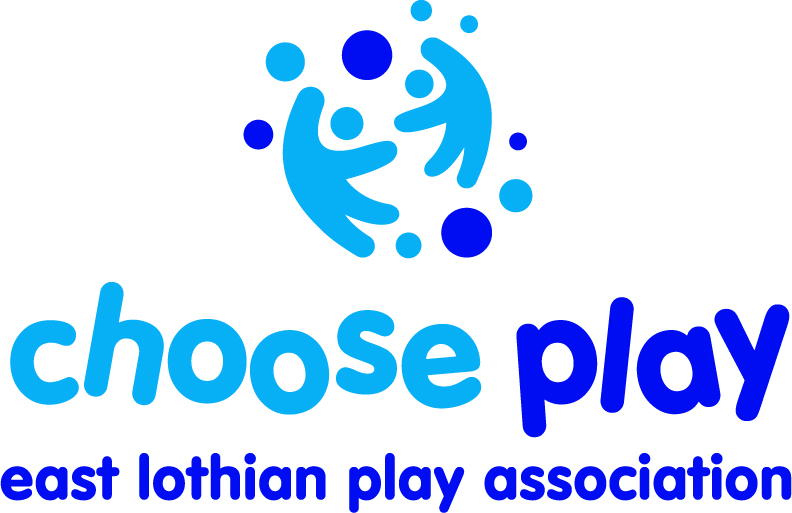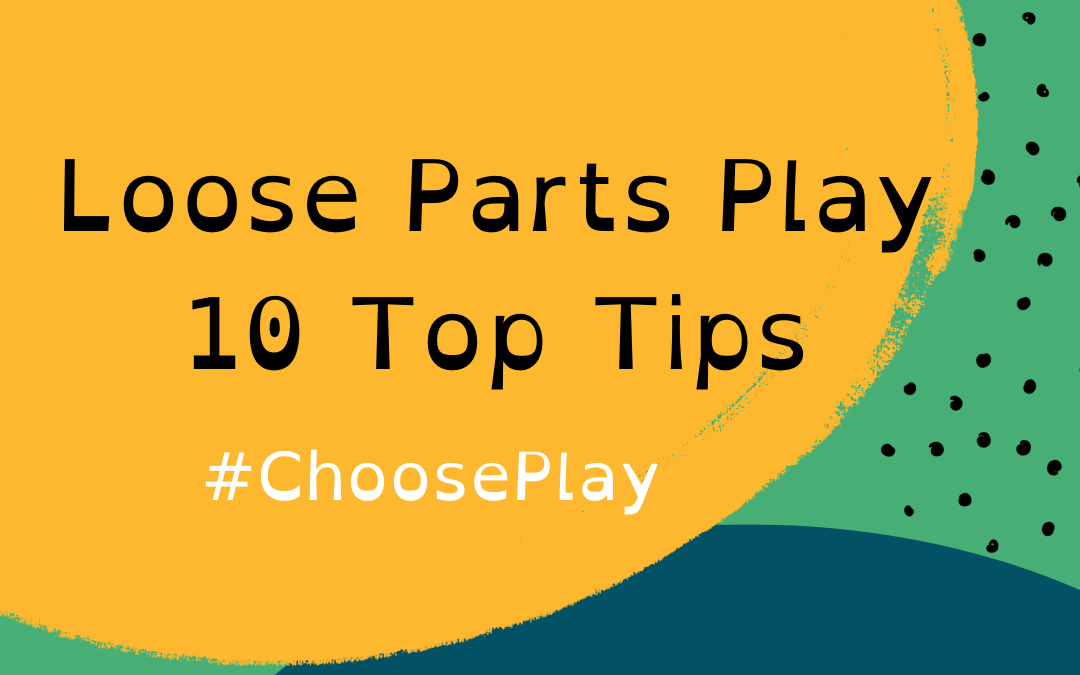“The noise of play has changed, instead of screaming, we’ve got chatter, laughter and percussion. There’s a happy buzz.”
With loose parts available in the playground, children are happier, more creative, co-operative and active when playing. The learning opportunities, fun and interactions benefit the whole school community.
Our recent Erasmus+ funded project introduced and research loose parts play in schools in Scotland, Hungary, Poland and Slovakia. The project found that creating the conditions for children to engage in free play with loose parts during school hours brings multiple benefits for children, schools and families.
Key findings
- Children enjoy playtime more, especially with the exercise of agency.
- Teachers are more appreciative of play.
- Children’s play is more varied.
- Children are less reliant on adults when playing.
- Children are more co-operative when playing.
- Parents are supportive of loose parts play.
- Climate awareness and sustainable thinking are integrated easily through loose parts play.
The project also showed that introducing loose parts play effectively and in a sustainable way requires time and commitment, particularly to staff training and developing understanding of the playwork approach.
From our experiences, we’ve created a range of resources to help more schools and groups get started and keep going with loose parts play. Here are our ten top tips, developed by East Lothian Play Association, Windygoul Primary School and GratoSfera:
Download the Loose parts play top tips poster here: ELPA Loose Parts Play_10 Top Tips
Loose parts play – top tips
- Involve everyone
Think about who will be involved in all aspects of the project. Discuss ideas with everyone, right at the beginning.
- Put children at the heart of the project
Children’s views, ideas and experience will bring a richness and depth to your project which cannot be replicated in any other way.
- Commit to training and reflection
Increase understanding of play through training and reflection. Introducing loose parts play may require changes to old rules and routines to create a play-friendly culture. Plan for time together.
- Be practical
Think about your loose parts storage early on in your project. Speak to other local settings to get their ideas about storage solutions and to find out the process and costs if new storage is needed.
- See the potential
Think about all the spaces for play in your setting. Are they used to their full potential? When we think about loose parts, we often think of objects such as tyres, crates and planks. Features of the space such as grass, puddles or muddy slopes have great play value.
- Be clear about expectations
Develop your expectations and routines together. Consistent routines can help with potentially difficult moments, such as tidy up time.
- Don’t tidy up
Consider leaving loose parts out in the playground, rather than tidying them all away. Some schools tidy loose parts away every day; in others it’s once a week or rarely.
- Ask, listen and respond
Keep checking how everyone is feeling about loose parts play. Provide regular opportunities for everyone to share their views, through things like surveys, suggestion boxes or graffiti walls. Be sure to let everyone know what has happened as a result of their suggestions.
- Build relationships and support
Gather support for loose parts play from people working directly with children and those with a wider influence. Share stories of play to bring your project to life. Invite potential partners to see loose parts play in action.
- Get everyone out to play!
Find time for everyone to play. Through playing and laughing together you’ll get to know the children better. Positive relationships will carry over into other parts of the school day.
Find out more
The loose parts play project website is a rich resource of theory, practical tips and research: www.loosepartsplayproject.eu
Funding
With a formal title of Enhancing Personal Capacity Building and Climate Awareness of Pupils in Schools – informally known as Loose Parts Play – the project received funding from the European Union programme for education, training, youth and sport, Erasmus+.
https://ec.europa.eu/programmes/erasmus-plus/node_en

